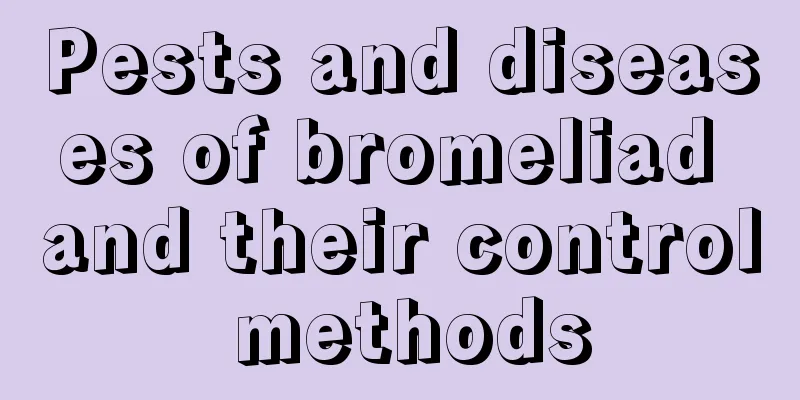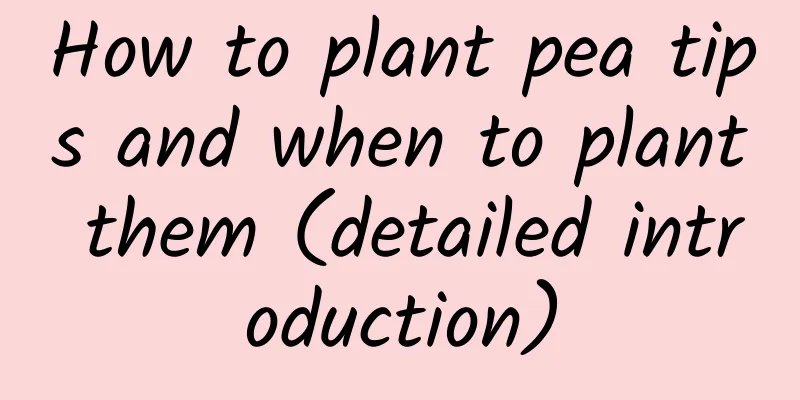Pests and diseases of bromeliad and their control methods

Diseases and prevention methods of bromeliadDiseasesDiseases of bromeliads include anthracnose, gray mold, center spot, stem rot and wilt. Prevention and treatment methodsFor anthracnose, control should be carried out with 500 times diluted 25% Carbon Trane wettable powder or 600 times diluted 27% Copper Noble suspension in a 1:1:160 ratio Bordeaux mixture. Do it once every half a month, for a total of 2-3 times. To treat gray mold, the indoor humidity should be lowered. Watering is best done in the morning on a sunny day. Avoid watering on rainy days. At the same time, ventilate the plants late in the morning on sunny days to ensure indoor air circulation. For stem rot, spray 1000 times solution of 38% cypermethrin, 800 times solution of 30% carbendazim/carbendazim, or 500 times solution of thiram on the bromeliad from mid-May to the early stage of the disease in July. Pests and control methods of bromeliadPestsThe most serious insect pests of bromeliads are mealybugs and scale insects. Mealybugs are small sap-sucking insects with white sticky powder on their bodies. They can harm crops, fruit trees, gardens, forests and pastures. Scale insects will suck the sap of plants, which can cause the death of the entire plant in severe cases. Their secretions may also induce sooty mold disease, which is extremely harmful. Prevention and treatment methodsFor mealybugs, if the infection is not particularly serious, you can remove them manually, or spray them with a strong stream of water (be careful not to damage the bromeliad), or rinse the plants with a 1:1 solution of clean water and methylated alcohol. This will not only flush away the insects, but also kill those that cannot be flushed away. During the cultivation process of bromeliads, if scale insects are found on individual leaves, they can be gently brushed off with a soft brush, or combined with pruning, cutting off the insect-infested branches and leaves. They must be brushed clean, cut clean, and burned in a centralized manner; do not throw them away randomly. |
<<: Diseases and pests of spider silk and their control methods
>>: Common diseases and pests in Cameo and their control methods
Recommend
Phalaenopsis orchid language
Phalaenopsis flower language - I love you Phalaen...
How to raise golden button
How to raise Pot soil selection It prefers sandy ...
When is the best time to prune walnuts?
The purpose of pruning walnut trees is mainly to ...
How to propagate glass begonias by cuttings and precautions How to propagate glass begonias by cuttings
Glass begonias are gorgeous when they bloom, and ...
When is the best time to plant Isatis root?
There are also many farmers who have invested in ...
Can vitamin B2 be used to water flowers? B2 watering methods and key points
Can vitamin B2 be used to water flowers? Vitamin ...
How to propagate Sedum
1. Method of sowing seeds Sowing seeds is general...
How to keep seeds of cucumber and how to plant them
Method of keeping seeds of cucumber Snake melon, ...
Is it better to use a large or small pot for Jade Plants?
Should I use a large or small pot for Jade Plants...
Can rose shoots be transplanted (how to change the pot after the rose shoots emerge from the soil)
Can I change the pot when the rose sprouts new sh...
How to prune bitter water rose
The significance of pruning The branches below an...
Time and method of changing soil for iron tree
Time to change the soil of iron tree The best tim...
When do marigolds bloom?
Flowering period Generally speaking, the flowerin...
How to grow asparagus fern and what to pay attention to
Growth habits of asparagus fern Asparagus fern li...
Reasons why cyclamen leaves turn yellow, first aid for yellowing leaves
1. Too much light Reason: When growing cyclamen, ...









